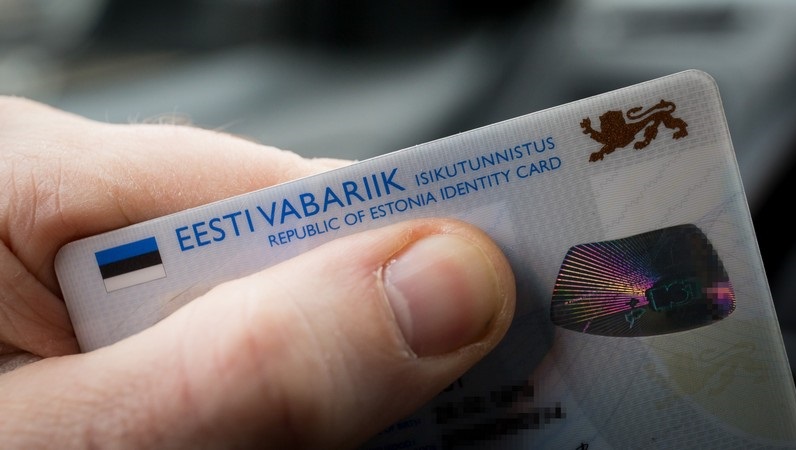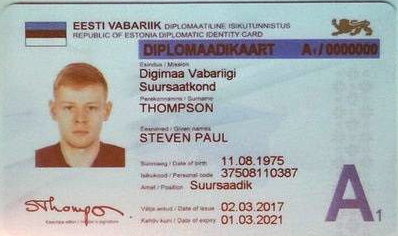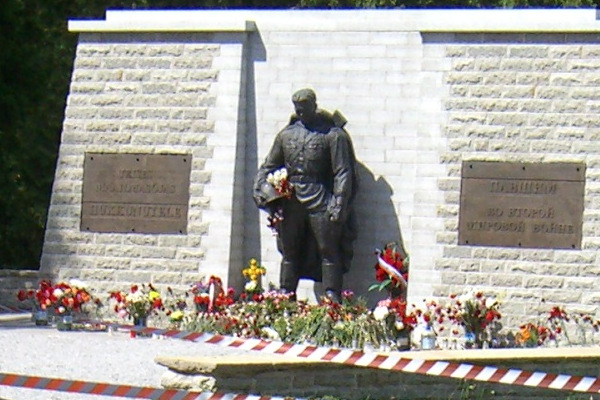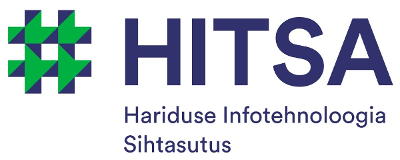
Monday, May 29, 2017, Akadeemia Tee 15a, Room ICT-315.
Grades received (random order): 5, 4, 4, 3, 3, 3, 2, 2.
Time: 10:00
Student: Kristjan Oja
Title: Cyber Security Awareness For IT Students Through Practical Assignments
Supervisor: Sten Mäses
Reviewer: Tiia SõmerTime: 10:40
Student: Sander Arnus
Title: Providing guaranteed log delivery and proof value of logs
Supervisor: Risto Vaarandi
Reviewer: Tiit HallasTime: 11:20
Student: Bolaji Ayoola Ladokun
Title: An Analytical Approach to Characterization of Targeted and Untargeted Attack in Critical Infrastructure Honeypot
Supervisor: Hayretdin Bahsi
Reviewer: Risto VaarandiTime: 12:00-13:00 – Lunch
Time: 13:00
Student: Iryna Bondar
Title: LUDROID: Evaluation of Android Malware Detection Tools and Techniques and Development of a First Line of Defense For the User
Supervisor: Emin Caliskan
Reviewer: Toomas LepikTime: 13:40
Student: Seifollah Akbari
Title: A New Method for the SYNful Knock Attack Implementation
Supervisor: Truls Ringkjob
Reviewer: Bernhards BlumbergsTime: 14:20
Student: Safak Tarazan
Title: GPS Spoofing/Jamming Resilient Mini UAV Implementation Strategy
Supervisor: Truls Ringkjob
Reviewer: Juhan ErnitsTime: 15:20
Student: Danielle Morgan
Title: Security of Loyalty Cards Used in Estonia
Supervisor: Rain Ottis, Arnis Paršovs
Reviewer: Aleksandr LeninTime: 16:00
Student: Katrin Kukk
Title: Ensuring the digital continuity of e-Estonia in different crisis scenarios
Supervisor: Rain Ottis
Reviewer: Jaan Priisalu
Tuesday, May 30, 2017, Akadeemia Tee 15a, Room ICT-315.
Grades received (random order): 4, 4, 3, 3, 2, 1.
Time: 10:00
Student: Christopher David Raastad
Title: Euro 2.0 – Securing an Ethereum Crypto Fiat Currency System
Supervisor: Alex Norta
Reviewer: Raimundas MatuleviciusTime: 10:40
Student: Mobolarinwa Taofeek Balogun
Title: Comparative Analysis of Industrial IoT and HealthCare System IoT for Cyberterrorism
Supervisor: Hayretdin Bahsi
Reviewer: Ahto BuldasTime: 11:20
Student: Chengxiang Wang
Title: Classification of Black-Box Security Reductions and Oracle Separation Techniques
Supervisor: Ahto Buldas
Reviewer: Peeter LaudTime: 12:00-13:00 – Lunch
Time: 13:00
Student: Celik Neslisah
Title: Anomaly Detection Using Locked Shields Logs
Supervisor: Olaf Maennel
Reviewer: Mauno PihelgasTime: 13:30
Student: Sophio Sakhokia
Title: Developing a Cyber Security Master Programme for Georgia
Supervisor: Tiia Sõmer
Reviewer: Olaf MaennelTime: 14:20
Student: Zaghum Awan
Title: Analytical Comprehensive Approach to Cyber Laundering and its Solutions
Supervisor: Tiia Sõmer
Reviewer: Andro Kull





